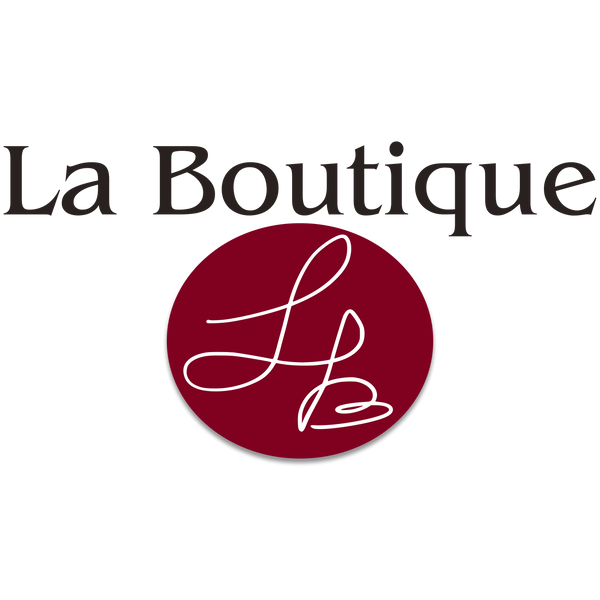Let’s get into it.
1. Sustainability for the Rest of Us: Your No-Bullsh*t, Five-Point Plan for Saving the Planet by John Pabon

If you've been looking for a direct, no-nonsense guide to genuine sustainability, Pabon's book is your compass. Drawing from his vast experience, including his time at the United Nations, Pabon deconstructs popular misconceptions about sustainability and offers a five-point plan for impactful change.
The book shifts the conversation from feel-good but ineffective actions to practical strategies that truly address the root issues. "Sustainability for the Rest of Us" is an essential read for those ready to move beyond superficial measures and want to make a lasting impact.
2. Wear No Evil: How to Change the World with Your Wardrobe by Greta Eagan

Can the fashion world, known for harming the environment and questionable ethics, actually do good? Greta Eagan answers with a resounding "yes".
"Wear No Evil" not only sheds light on the dark corners of the fashion industry but also provides readers with a comprehensive guide to a sustainable wardrobe.
She introduces the Integrity Index, a unique tool that helps consumers align their purchases with their values. The book serves as a comprehensive guide to conscious shopping, closing the gap between style and sustainability.
3. Cradle to Cradle: Remaking the Way We Make Things by William McDonough and Michael Braungart

This book questions the basics of how we make things. While most people say "reduce, reuse, recycle", McDonough and Braungart wonder: why make trash in the first place? Using ideas from nature, "Cradle to Cradle" suggests a new way to design where there's no waste, only useful stuff.
It's not just about pointing out problems. The book shares a positive idea for how we can make things in the future, helping nature instead of hurting it. This "Cradle to Cradle" idea is changing how people think about designing products that are good for our planet.
4. The Upcycle by William McDonough and Michael Braungart

This book serves as a continuation to their earlier work, "Cradle to Cradle." McDonough and Braungart explore the idea that we shouldn't just aim to use resources more efficiently, but should design products and systems in ways that actually enhance the environment.
They explain that the environmental challenges we face are essentially design challenges. With examples ranging from reinvented chairs to greener factories, they show how businesses and individuals globally are implementing these design principles in practice.
5. The Story of Stuff by Annie Leonard

Annie Leonard talks about how our buying habits impact the environment. She explains where our products come from, how they're made, and the waste they produce. The book challenges readers to think about and change their consumption habits.
6. Zero Waste Home by Bea Johnson

"Zero Waste Home" is a book by Bea Johnson that talks about living a life with almost no waste. In the book, Bea tells the story of how her family managed to reduce the trash they produce in a year to just the size of a small jar. She gives readers simple tips and ideas on how to live in a more eco-friendly way. Her story, originating from a decision to downsize their home, stands as a testament to how sustainable choices can lead to profound benefits for both the individual and the planet.
In summary, achieving sustainability needs more than just wanting to do good. It needs smart decisions, new ideas, and a change in how we think about our bond with the Earth. These three books are great tools to help on this path. Read them, think differently, challenge your existing beliefs, and let's contribute to a healthier planet.
Let's Chat!
What is your favorite book about sustainability? Let us know in the comments down below.

